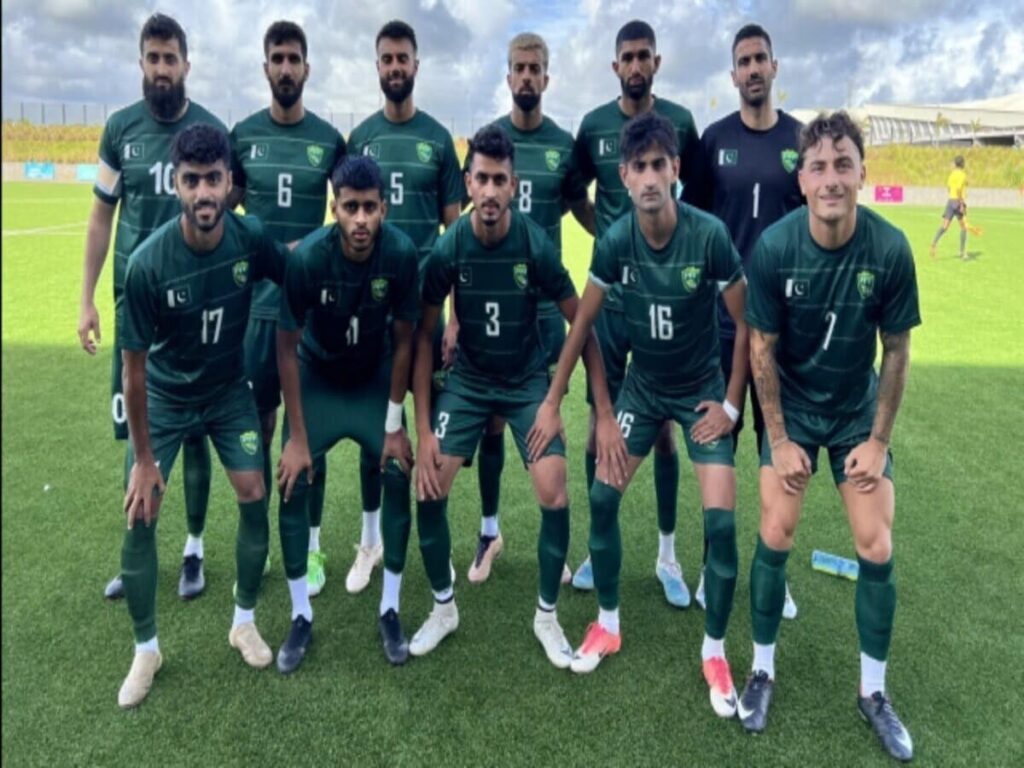Recently, FIFA announced a ban on the Pakistan Football Federation (PFF), a decision stemming from ongoing governance issues within the organization. This ban could have significant implications for the development of football in Pakistan, a country that has been grappling with internal conflicts and management disputes for years.
Reasons Behind FIFA’s Ban
The primary reason for FIFA’s suspension of the PFF lies in its failure to amend its constitution. As per FIFA regulations, member associations are required to maintain governance structures that are democratic and transparent. Unfortunately, the PFF has not conducted elections in a legitimate manner nor updated its constitution to align with FIFA’s requirements. This underscores a deeper issue within the organization, revealing the need for substantial reforms.
Historical Context of Governance Issues
The governance problems within the PFF are not new. These issues have persisted for several years, leading to a fragmented football landscape in Pakistan. Factional disputes among PFF officials have prevented the organization from executing proper elections, resulting in prolonged instability. This situation not only hampers the administration of the sport but also deters potential investments and sponsorships.
Impact on Pakistani Football
The ban imposed by FIFA may have several consequences for football in Pakistan:
| Consequence | Details |
|---|---|
| International Participation | Pakistani teams will be barred from participating in international competitions, including tournaments organized by FIFA. |
| Loss of Funding | PFF will lose access to funding from FIFA, which is critical for grassroots and developmental programs. |
| Player Development | The ban will stall the development of local players, as they will miss opportunities for international exposure. |
| Fan Engagement | Football fans in Pakistan may lose interest in the sport due to the lack of competitive opportunities. |
The Way Forward
For the PFF to lift the ban, it needs to undertake significant reforms. This includes revamping its administrative structures, ensuring proper democratic elections, and aligning its operations with FIFA’s standards. Collaboration with local and international stakeholders can help facilitate this transition. Furthermore, engaging with the fan base and local communities will be essential for rebuilding trust and generating support for the sport.
The Role of Stakeholders
Stakeholders, including the government, previous players, and football enthusiasts, should come together to advocate for change within the PFF. By fostering a more stable and transparent environment, the future of football in Pakistan can be secured, paving the way for growth and international competition.
Conclusion
The FIFA ban on the Pakistan Football Federation is not merely a punitive measure but a wake-up call for the governance of football in the country. By addressing the underlying issues and working diligently towards reform, the PFF has the potential to revive football in Pakistan and reinstate its position on the global stage. The journey towards this goal will require collective effort from all stakeholders involved, emphasizing the importance of accountability and democratic practices in sport.
